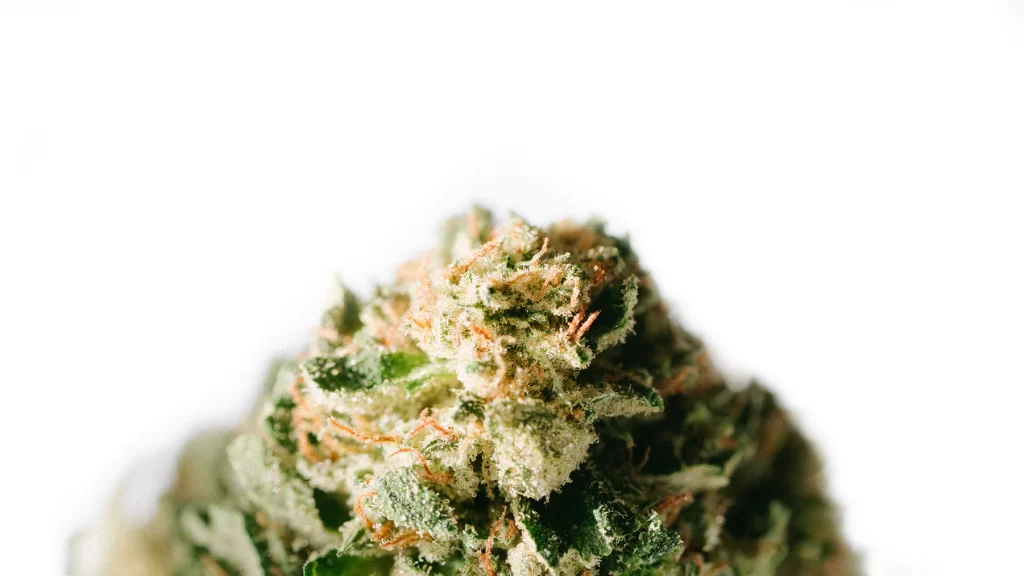Tetrahydrocannabinolic acid THCA flower strains have been garnering attention in the cannabis market due to their unique properties and potential therapeutic benefits. However, the legal status of THCA is complex and varies significantly across different jurisdictions. In the United States, the legality of THCA flower largely hinges on its source and the final product’s THC content. Under the 2018 Farm Bill, hemp-derived products, including THCA flowers, are federally legal provided they contain less than 0.3% delta-9-tetrahydrocannabinol THC on a dry weight basis. This distinction is crucial because THCA itself is not psychoactive; it only converts to THC, the psychoactive compound, when exposed to heat through a process called decarboxylation. Consequently, raw THCA flowers that meet the hemp THC threshold are legal in states that adhere to federal guidelines. However, state laws can differ significantly. Some states have stricter regulations that might categorize any form of THCA flower as a controlled substance, especially if there’s a potential for it to be converted into THC. For instance, states with more conservative cannabis laws may impose stricter controls on all cannabinoid products, including THCA. Conversely, states with more progressive cannabis legislation may allow for the sale and use of THCA flowers with fewer restrictions.

Market Trends
The market for THCA flower strains is expanding rapidly as consumers become more educated about the compound’s potential benefits and differences from traditional THC products. Several trends are driving this growth:
Health and Wellness Focus: Consumers are increasingly seeking cannabis products that offer therapeutic benefits without the psychoactive effects associated with THC. THCA is believed to have anti-inflammatory, neuroprotective, and anti-emetic properties, making it attractive to those looking for natural health remedies.
Raw Cannabis Consumption: There is a growing trend towards consuming raw cannabis products, which preserves the plant’s natural compounds, including THCA. Juicing raw cannabis, adding it to smoothies, or using it in salads are becoming popular methods for consuming THCA without converting it to THC.
Innovation in Product Offerings: Cannabis companies are innovating to create a diverse array of THCA-rich products. Beyond traditional flower forms, there are now THCA tinctures, edibles, topicals, and concentrates. This diversification helps cater to a broader audience with varying preferences and consumption methods.
Educational Campaigns: As part of their marketing strategies, many cannabis brands are investing in educational campaigns to inform consumers about the benefits of THCA. These efforts include publishing research findings, hosting webinars, and providing detailed product information to build consumer trust and drive market demand.
Legislation and Advocacy: The evolving legal landscape is also influencing market trends. Advocacy groups are working to educate lawmakers and the public about the distinct properties of THCA and its potential benefits. Successful high thca flower advocacy can lead to more favorable regulations, further opening up the market for THCA products.